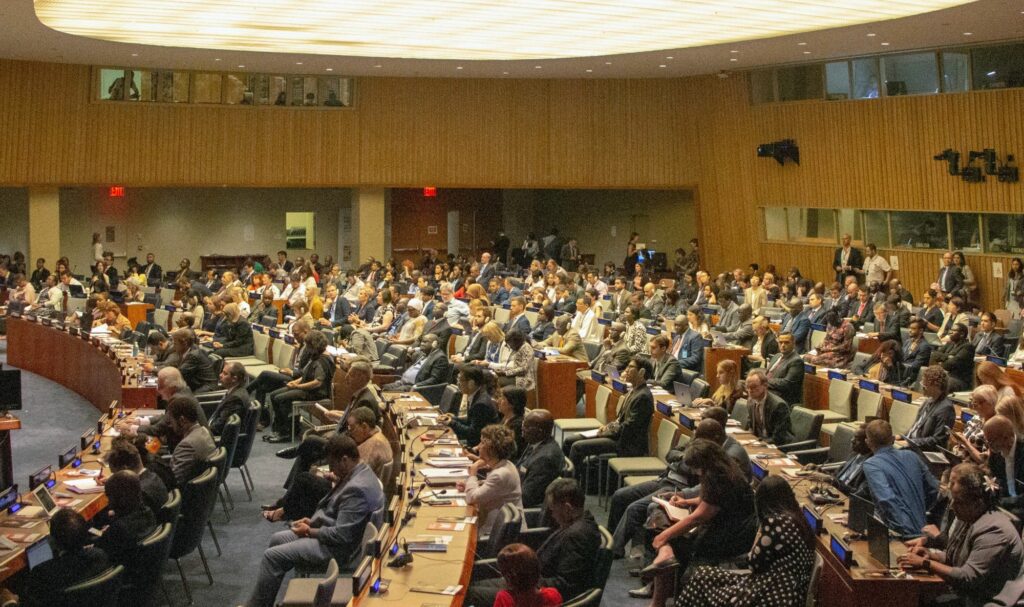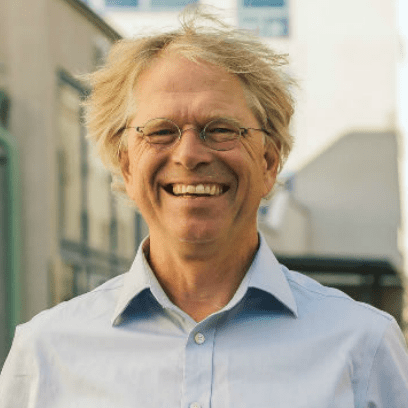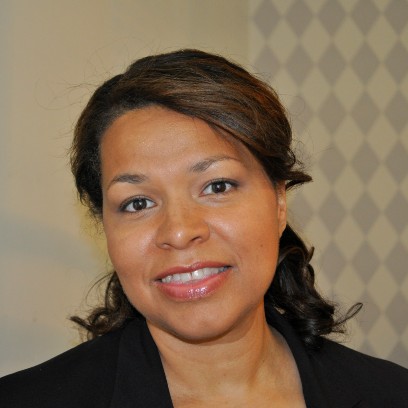Press release 10 November 2023
The world is far from keeping global warming well below 2 °C. With the Paris Agreement’s long-term objectives in place, efforts must now shift towards implementation and mitigation. Today, Björn-Ola Linnér, Alexandra Buylova and Naghmeh Nasiritousi present results from a new report on the future of UN climate diplomacy.
As highlighted in the latest IPCC synthesis report, achieving the Paris Agreement goals will require systemic transformations in all sectors. ”We’re running out of time but not out of options to address climate change,” said Simon Stiell, UN Climate Change Executive Secretary, in March 2023.
Björn-Ola Linnér, Co-Director of Mistra Geopolitics, and Professor at Linköping University, summarizes results from the new report ‘The Future of the UNFCCC’:
“Climate change poses a significant risk to international peace and to global, human security. More vulnerable countries will be hit hard by climate change and experience significant risk. Our report shows that many cite the urgency of the climate crisis and necessitates deeper reforms of UN climate diplomacy.”
— Björn-Ola Linnér, Professor at Linköping University and Co-Director of Mistra Geopolitics.
The future of climate diplomacy and the UNFCCC
According to the report, discussions on the future of the UNFCCC do not call for abandoning the UNFCCC process. While the UNFCCC comes under heavy criticism from certain stakeholders, there is a firm belief that the UNFCCC process remains key to addressing climate change.
At the launch event, Sweden’s Climate Ambassador Mattias Frumerie, the reports authors and experts from the Swedish Institute of International Affairs and Stockholm Environment Institute, discuss the challenges and opportunities of current international climate cooperation and the potential reforms needed to achieve global climate action.

Delegates at the UNFCCC negotiations. Photo: UNFCCC Bangkok / Flickr.
The report identifies several themes and proposals for reform that stakeholders have emphasized and that need to be explored further. Specific issues highlighted by respondents in the report include:
- The role of the UNFCCC in coordinating global climate governance,
- Other functions of the UNFCCC and COPs in the era of implementation,
- and whether and how the UNFCCC processes should be reformed.
Some respondents hold the view that the UNFCCC does not necessarily need to be reformed. They rather draw attention to correcting the course or managing expectations, continuing to set goals, and keeping the momentum up on climate action. Others cite the urgency of the climate crisis that necessitates deeper reforms.
We find that many actors have a desire to see changes within the UNFCCC process to be able to accelerate climate action. While the UNFCCC is fundamentally a treaty body, they see its broader potential, given how many stakeholders it attracts and issues it covers. How exactly the process needs to change or adapt is an open question, but there is a demand to have these conversations, inside and outside of the institution.”
— Alexandra Buylova, researcher at the Global Politics and Security Programme at the Swedish Institute of International Affairs.
For interviews, please contact:

Ylva Rylander

Professor Björn-Ola Linnér

Maria Cole
Ylva Rylander, Press contact for Mistra Geopolitics at Stockholm Environment Institute,
[email protected] +46 731 503 384
Björn-Ola Linnér, Co-Director of Mistra Geopolitics and Professor at Linköping University
[email protected]
Maria Cole, Communications Lead for Mistra Geopolitics at Stockholm Environment Institute,
[email protected] +46 702 242 022
Authors
Alexandra Buylova, researcher at the Global Politics and Security Programme at the Swedish Institute of International Affairs.
Björn-Ola Linnér, Co-Director of Mistra Geopolitics and Professor at Linköping University.
Naghmeh Nasiritous, research fellow at the Global Politics and Security Programme at the Swedish Institute of International Affairs.



